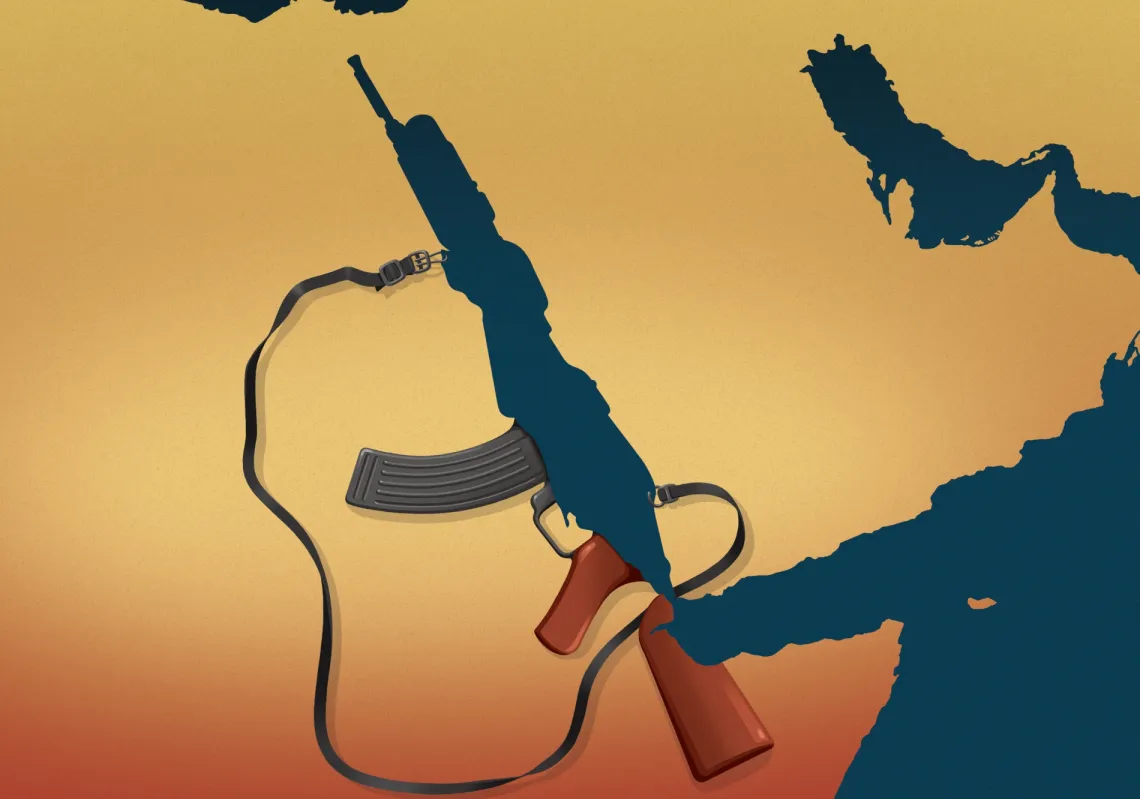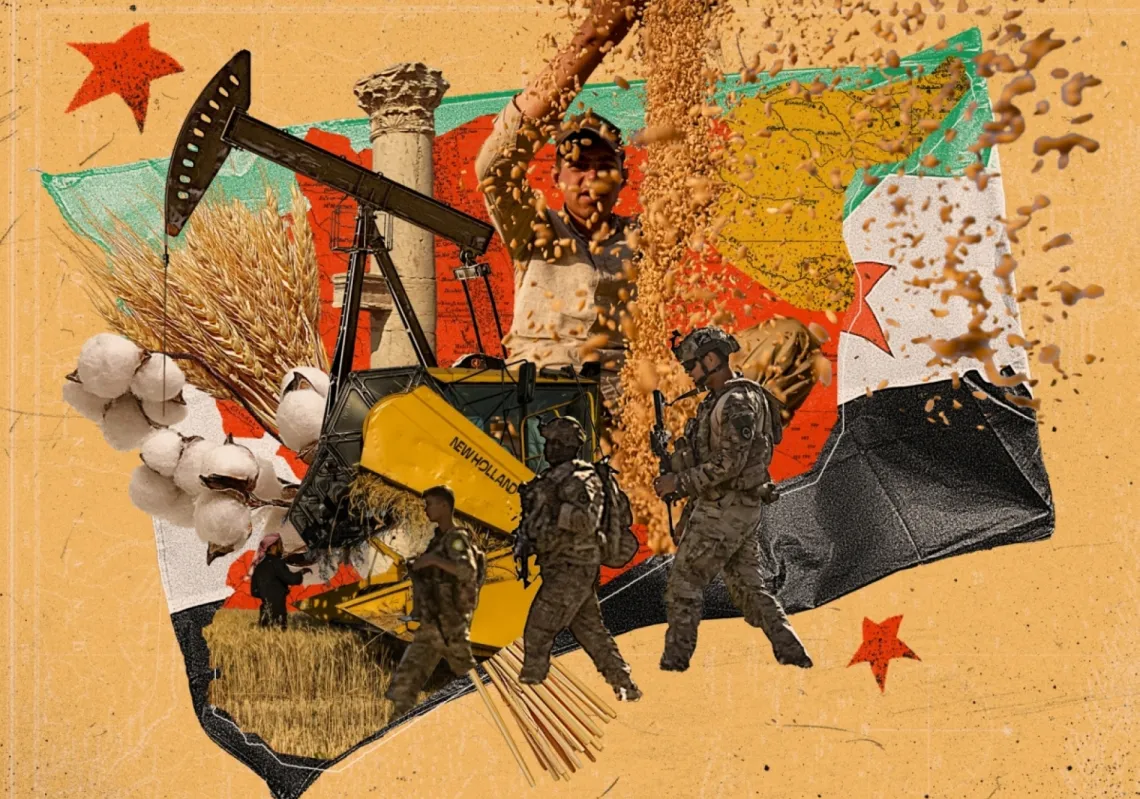 Iranian president Mahmoud Ahmadinejad waves as he enters to the National Assembly before Nicolas Maduro's presidential inauguration in Caracas, Venezuela, on April 19, 2013. (LEO RAMIREZ/AFP/Getty Images)[/caption]On June 14, Iran will hold its long-awaited presidential elections. The vast majority of the 686 individuals who have registered to contest the elections will not appear on the ballot. The Guardian Council—Iran’s unelected 12-man vetting agency that determines who can run for any political office in the country—is likely to reject all but a very small number of the aspirants. The list of those cleared to run will be made available by the Council on May 18. In the last Iranian presidential election, held in June 2009, only four candidates were approved out of 476 that registered to run.
Iranian president Mahmoud Ahmadinejad waves as he enters to the National Assembly before Nicolas Maduro's presidential inauguration in Caracas, Venezuela, on April 19, 2013. (LEO RAMIREZ/AFP/Getty Images)[/caption]On June 14, Iran will hold its long-awaited presidential elections. The vast majority of the 686 individuals who have registered to contest the elections will not appear on the ballot. The Guardian Council—Iran’s unelected 12-man vetting agency that determines who can run for any political office in the country—is likely to reject all but a very small number of the aspirants. The list of those cleared to run will be made available by the Council on May 18. In the last Iranian presidential election, held in June 2009, only four candidates were approved out of 476 that registered to run.
The Guardian Council aside, among those likely to be allowed to run there is still a considerable diversity in terms of the backgrounds of the candidates and the political camps and views they represent.
All the candidates in Tehran, however, appear to see eye-to-eye one point: they all agree that outgoing president Mahmoud Ahmadinejad was an unequivocal disaster for Iranian foreign policy and the country’s diplomatic standing in the world.
The maverick two-term president is blamed for having exacerbated Tehran’s foreign challenges by generating unnecessary tension with the West through his bombastic style—and not doing nearly enough to mollify Iran’s immediate neighbors amid widespread fear of its regional ambitions.
Even those not running in the elections are having a field day in attacking Ahmadinejad’s foreign policy record. Mehdi Sanaei, a member of the Iranian parliament’s National Security and Foreign Policy Committee, commented that the Ahmadinejad government had not pursued the basic “cost and benefit” rule which is part and parcel of diplomacy. In Sanaei’s view, and undoubtedly many others in Tehran, Iran “has paid dearly” for mistakes made in recent years in the realm of foreign policy.
In recent weeks, a host of high-profile foreign policy decisions have come under increasing scrutiny. Ahmadinejad’s trademark Holocaust-denial stance is a favored topic of criticism. Mohsen Rezaei, a rightist senior regime figure who also ran against Ahmadinejad in 2009, stated recently that if he became president he would not “speak about the Holocaust.”
Another front runner, Mohammad Qalibaf, asked, “What good did Iran get out of [Ahmadinejad] denying the Holocaust?”
Meanwhile, another prominent candidate, Ali Akbar Hashemi Rafsanjani, a former president and now a darling of the reformists, raised the ante by making comments that essentially questioned the logic behind Tehran’s long-standing enmity toward Israel: “If the Arabs end up in a war with Israel, Iran can provide material support to the Arabs,” but added that there was little else it could do.
This sort of narrative—and the argument that Iran is in dire need for a foreign policy overhaul—is now being debated more openly in the Iranian media. Once the official election campaign begins, more surprising policy positions can be expected from the competing candidates.
The candidates who represent the broader reformist movement—and here Hashemi Rafsanjani and Hassan Rouhani stand out—have a more compelling case to take to the voters. During the years of the reformist administration of President Mohammad Khatami, a coherent, rational approach to foreign policy was more discernible. It stressed the need for detente, and specifically reaching out to neighboring states. This was the period when the Iran–Saudi relationship was the most tranquil, and when Khatami’s call for a “Dialogue Among Civilizations” brought Tehran and Washington closest to an accord. The same sorts of inclinations were also in place when Rafsanjani was president from 1989 to 1997, although his administration’s record was more mixed.
On the other hand, the Ahmadinejad administration of 2005 to 2013 has had a foreign policy record that is in many ways incoherent. Instead, it has been heavy on slogans and grand—but almost always unrealistic—gestures. A focus on securing and promoting Iran’s specific national interests has been missing. Whichever candidate survives the scrutiny of the Guardian Council would do well to promise the electorate a return to pragmatism in foreign policy, one rooted in a clear-eyed recognition of Tehran’s multiple foreign policy challenges in its neighborhood and on the international stage.








